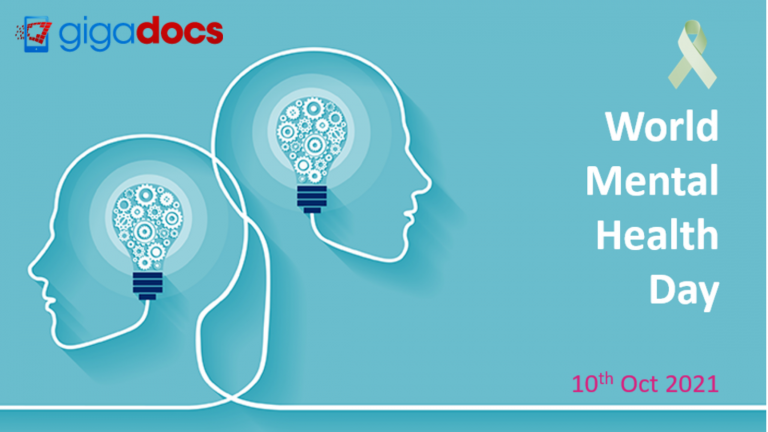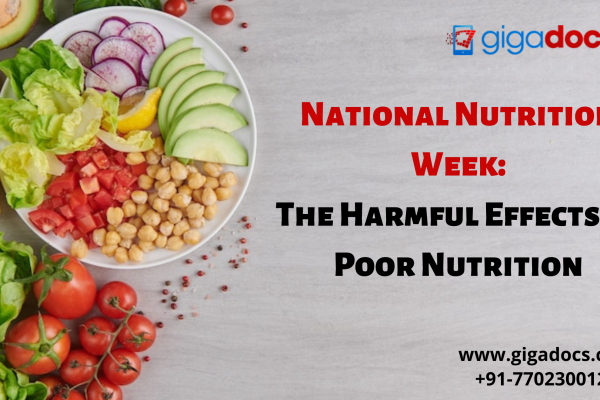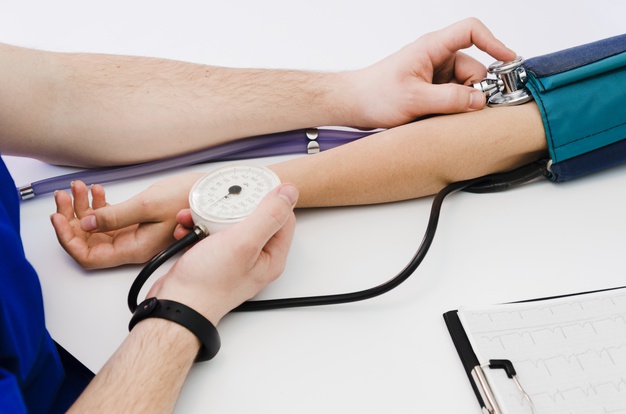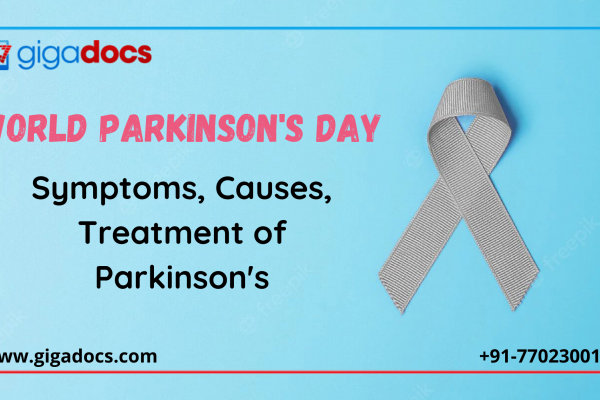In recent months, we’ve had numerous hurdles, ranging from learning to work from home offices to adjusting to e-learning. Today, caring for our mental health is more vital than ever. The Covid pandemic, which is far from over, has brought new challenges, including anxiety, worry, and fear of the unknown. Not to forget coping with the pain of losing a loved one without even being able to say the final goodbye. This year’s World Mental Health Day coincides with a significant shift in our daily lives. In this blog, let’s explore the causes and symptoms of Mental Illness, how the pandemic has affected our mental health and how we can work together to prevent the onset of mental health troubles in our lives.
Causes of Mental Illness
Don’t we all face a day or two of mood swings, call it – stress, work pressure, or family responsibilities. If not taken care of, these bouts of anxiety and uneasiness can assume massive withdrawal from society and social isolation.
Mental illness is not a one-day onset; it refers to a wide range of mental health conditions, disorders that affect your mood, thinking, and behavior developed over a while. Mental illnesses includes anxiety disorders, schizophrenia, depression, eating problems, and addictive behaviors.
Many people experience anxiety attacks that include procrastination from time to time, which may be often ignored. This small instance may progress to a mental disease when persistent signs and symptoms create regular stress and impair our capacity to function, make us unhappy and create impediments in our everyday life.
Mental Health Awareness – Symptoms & Signs
Emotions, beliefs, and behaviors can all be affected by signs of mental illness. The symptoms of mental illness might vary depending on the diagnosis, surroundings, and other factors like work timings, family expectations, and so on. The following are some examples that need to be taken care of:
- Feeling sad or let down.
- Confused thinking or reduced ability to concentrate.
- Excessive anxieties or fears, as well as severe guilt.
- Extreme mood changes from highs to lows.
- Withdrawal from friends and activities.
- Feeling unhappy or depressed.
- Confusion in thoughts or a loss of concentration.
- Excessive anxieties or fears, as well as severe guilt sentiments.
- Extreme mood swings with extreme highs and lows.
- Insomnia, lack of concentration.
- Detachment from reality (delusions), paranoia, or hallucinations.
- Inability to deal with day-to-day situations or pressures.
- Having difficulty comprehending and responding to situations and people.
- Alcohol or drug abuse problems.
- Significant variations in eating habits.
- Anger, aggression, or violence in excess.
- Relationship issues and family disputes.
- Weakened immune system.
- Other medical issues, such as cardiovascular diseases.
World Mental Health Day
We progress as our knowledge about mental health grows.
Since the World Federation of Mental Health (WFMH) started in the early 1990s, mental health has gone a long way. Understanding how words like “crazy” and “lunatic” can be unintentionally cruel, and stigmatizing has significantly improved our self-awareness and sensitivity. We have come a long way, but there’s still, even more, we can do as a community to collectively make progress.
World Mental Health Day is celebrated on October 10th and marks the importance of mental wellness in our lives. The World Federation for Mental Health has chosen the theme of ‘Mental Health in an Unequal World’ for this year.
We live in an unequal environment for those of us who have a mental illness. Consider this: LGBT+ people are more likely than non-LGBT+ people to engage in suicidal behavior and inflict self-harm. People who have severe mental illness have a shorter life expectancy than the general population. There are no two ways about it- stigma, discrimination, lack of support, and limited welfare benefits don’t paint a beautiful picture. Things are slowly but steadily changing. Some mental health conditions, such as anxiety and depression, are no longer stigmatized and accepted as a countereffect of stress.
Pandemic and Mental Health
Based on the past pandemic experiences, research data estimates that the demand for mental health and psychosocial care will surge in the months and years ahead. Investment in mental health initiatives at the national and international levels, which have been chronically underfunded for years, is now more critical than it has ever been. The next section explains how we can avoid the onset of mental illness-
10 ways to Prevent Mental Illness
Taking care of your mental health is a vital component of being fit and healthy. There are numerous things you may do to safeguard your mental health. Here are the top 10 ways to prevent mental illness-
- Get lots of Rest
Sleep is critical for our physical and mental well-being; it aids in regulating information-transmitting substances in our brain. These chemicals are important in the regulation of our feelings and emotions. If we don’t get enough sleep, we can get depressed or anxious. Don’t we all have those horrible days after a restless night’s sleep?
- Be ready to Forgive
When you refuse to forgive, you put yourself under mental strain. Grudges are detrimental to one’s mood in every way. Allowing forgiveness into your life makes you feel good and great!
- Follow a Schedule
Maintain a consistent schedule as much as possible while preserving a good mix of work, play, and family time. A daily timetable might help you focus on day-to-day tasks with new energies.
- Eat Healthily
It’s not only necessary for our bodies to eat healthily, but it’s also crucial for our thoughts. Mineral deficiencies, such as lack of iron or vitamin B12, can make us feel gloomy. Make a conscious effort to eat a well-balanced diet. Even, caffeine can make you feel jittery and anxious, so try limiting or eliminating it if you’re a highly nervous or anxious person.
- Get a lot of Sunshine
Vitamin D is a core part of the health of our bodies and minds. It aids the release of mood-enhancing substances such as endorphins and serotonin in our brains. Go out in the sun when you can, but make sure your skin and eyes are protected. We recommend you a daily dose of 30 minutes to two hours of sunlight for a healthy body and a happy soul.
| Do you know?Seasonal Affective Disorder (SAD) is a type of depression that occurs when people do not get enough sunlight throughout the winter (SAD). Have you experienced these winter blues as well? |
- Self-Care
Treat yourself with care and respect, and refrain from self-criticism. Make time for your favorite projects and interests or widen your horizons. Invest in yourself by going on a walk, listening to music, planting a garden, taking dance lessons, learning to play an instrument, or becoming fluent in another language- the sky is the limit, and we mean it!
- Calm your Thoughts
Try meditating, mindfulness, and/or prayer to calm your thoughts. Relaxation exercises and prayer might help you feel better about yourself and your life. Meditation, according to studies, can help you feel calmer and augment the results of therapy.
- Balance your job and personal lives
In life, we all play a variety of roles. You could be a parent, a spouse, a coworker, or a student. It’s easy to feel torn between obligations, and it’s tempting to forego vital aspects of your life. You may feel less fulfilled and more worried as a result of this. According to research, working towards a greater work-life balance promotes happiness. Consider your level of satisfaction in the way you handle relationships, employment, recreation, health, exercise, self-development, and spiritual life. Are you giving each the time and attention it deserves?
- Limit Social Media
Limit your daily screen time that includes time spent on social media and watching or reading the news. They can be highly addictive!
- Seek Help
In today’s demanding lives, mental health is a concern that cannot be overlooked. Seeking assistance is a sign of strength, not a sign of weakness. It’s also vital to realize the importance of positive therapies. People with mental illnesses and addictions can recover and live rewarding lives if they receive the proper care.
Prevention of Mental Illness with Gigadocs
Mental illness is never a fight that can be won on one’s own.
Many people are hesitant to seek help because of the stigma associated with mental illness. “We don’t want to be condemned because we’re seeking help. We don’t want to be labeled as inept or weak, or even worse, incapable of caring for ourselves.” These are the common thoughts that pull us back from seeking the care we need.
The first step toward combating the stigmas associated with mental illness necessitates the participation of the entire community. Self-awareness begins with self-education. In addition, educate your family, friends, school, and coworkers to promote consciousness. We can foster a recovery culture by encouraging ourselves and others battling depression to speak up, thereby breaking down mental health stigma by raising awareness and disseminating incorrect stereotypes.
It is vital not to succumb to stigma and to go ahead and get the support you deserve. It may appear to be simple, but as we all know, it isn’t very comforting. In a welcome move, digital care is gradually but steadily increasing inclusive access to mental healthcare services.
If you’re concerned about your mental health, your best chance is to make an appointment with a mental health expert (online or in-person) who can advise you on the best therapy and treatment options. Expert psychologists and therapists from Gigadocs work with you to enhance your mood, relieve stress, and treat depression.
To book your consultation from the privacy of your home, download the Gigadocs app from-
- IOS App – apple.co/2W2iG4V
- Android App – bit.ly/33AQoRC
To know more and schedule a Virtual Consultation demo, e-mail, at info@gigadocs.com




